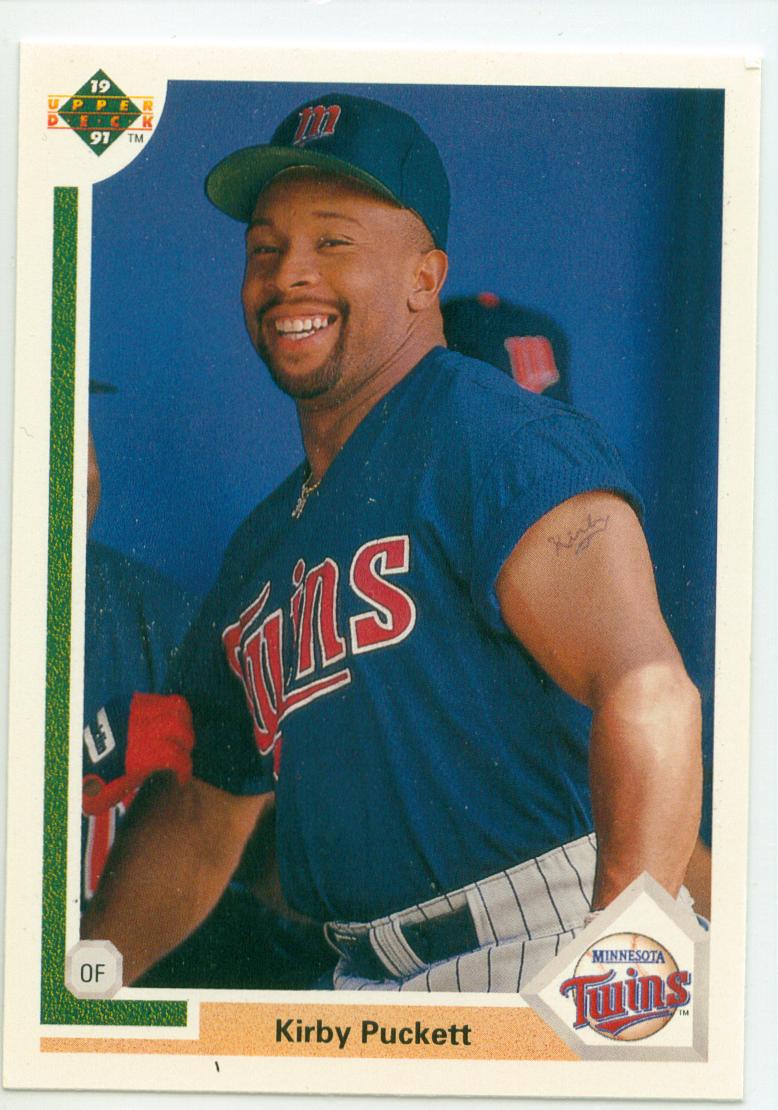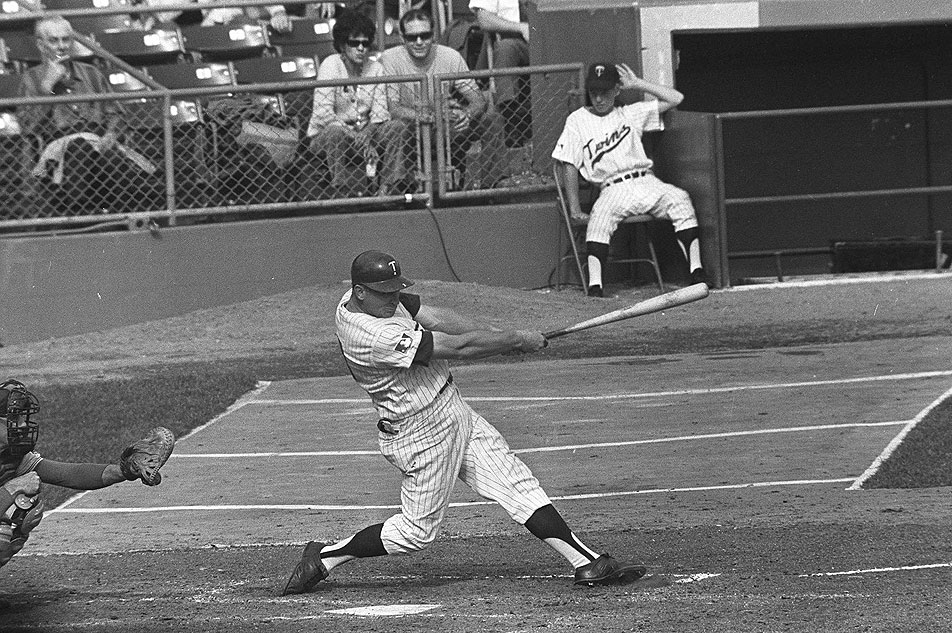David
Heiller
I’ll
always want to live in Minnesota, Dad,”
Malika said
as we walked through the airport parking lot in search of our car last Friday.
 |
| An early morning birding trip. |
We had just returned from a week in
Texas, and if anything will make you appreciate home, it’s a week of Texas in
June.
Not that
Mollie, Noah, Cindy, and I didn’t enjoy the vacation. We had a lot of fun. But
I still found myself agreeing with her.
We stayed in Port Aransas, which is
off the coast of Corpus Christi. There we discovered the two essentials of
Texas survival.
1. Sunglasses. The
sun is so bright in the middle of the day, that even with sunglasses, it is
hard to see. The middle of the day for me lasted from about 10 am. to 6 p.m.
One morning when we left our hotel
room for an outing, I walked around the corner of the dark stairway and into
the parking lot, and I was temporarily blinded. It was like walking into a wall
of light. I shut my eyes and staggered toward the car, holding a cup of pop. I
didn’t see the edge of the curb and I stumbled over it and almost fell. The pop
shot out of the cup like Old Faithful, directly into my left ear. I stopped and
squinted in all directions to see if anyone had seen me. Luckily no one was
around.
2. Air conditioning. You
can’t survive without an air conditioner in your car and home. One night the
weatherman on a Corpus Christi TV station said something like, “The wind is
going to blow all night, so open your windows and have a good night’s sleep.”
Then he paused for just an instant, as if he remembered where he was, and
added, “But don’t shut off your air conditioner.”
So we slept with the bedroom windows
closed. That didn’t feel right to me. I felt trapped by the heat. But if we
didn’t want to suffocate, the windows had to be closed.
Cindy heard an interesting comment
from a lady there, who said, “In Minnesota, you hibernate in the winter. In
Texas, we hibernate in the summer.” That’s a healthy way to look at it.
Before I
go on, I can hear you readers saying “Duh. What do you expect from southern
Texas in June?”
You are
right. So I won’t complain anymore. We went to Texas to attend the wedding of
my nephew. That was great. I got to visit with my brother and sisters and niece
and Mom.
What
makes Texas OK even in June is the ocean. A
steady south wind blew over the Gulf of Mexico. It blew day and night and created
big waves, which rolled in endless succession onto the beach, and if there is
anything more fun than swimming in the ocean in five foot waves, I’d like to
hear about it.
 |
| Sunglasses, the ocean and a sweetheart. |
The water was full of seaweed, which
washed up on shore, but even that was tolerable, so strong was the lure of that
endless horizon. Every morning the Port Aransas maintenance crews would
bulldoze all the seaweed into a huge pile, load it into dump trucks, and haul
it away. It made me wonder, “Which is worse, plowing snow or plowing seaweed?”
The ocean has many different
creatures. We saw a lot of them in a fantastic aquarium in Corpus Christi. The
fish make the lakes of Minnesota look pretty bland.
Next to the aquarium in the USS
Lexington, a retired aircraft carrier. My son, Noah, and I took a tour of it
one day. It was amazing to ponder just what this ship has been through, in
World War Two, Korea, Vietnam. The flight deck had a lot of old and new planes
on display. We walked through the pilot house, the mess hall, the engine room,
up stairs, down stairs, all around the ship, and I bet we didn’t see one fourth
of it. I don’t have room to tell everything we saw, but it was impressive. The
people who put that floating museum together really did a good job, and it fits
there on the Gulf of Mexico.
We came
home from our vacation feeling refreshed, and in that sense it didn’t matter if
he were in Texas or Timbuktu. Our staff put out the paper just fine without us,
thank you. it’s just good to get away. It’s good to be home too.






